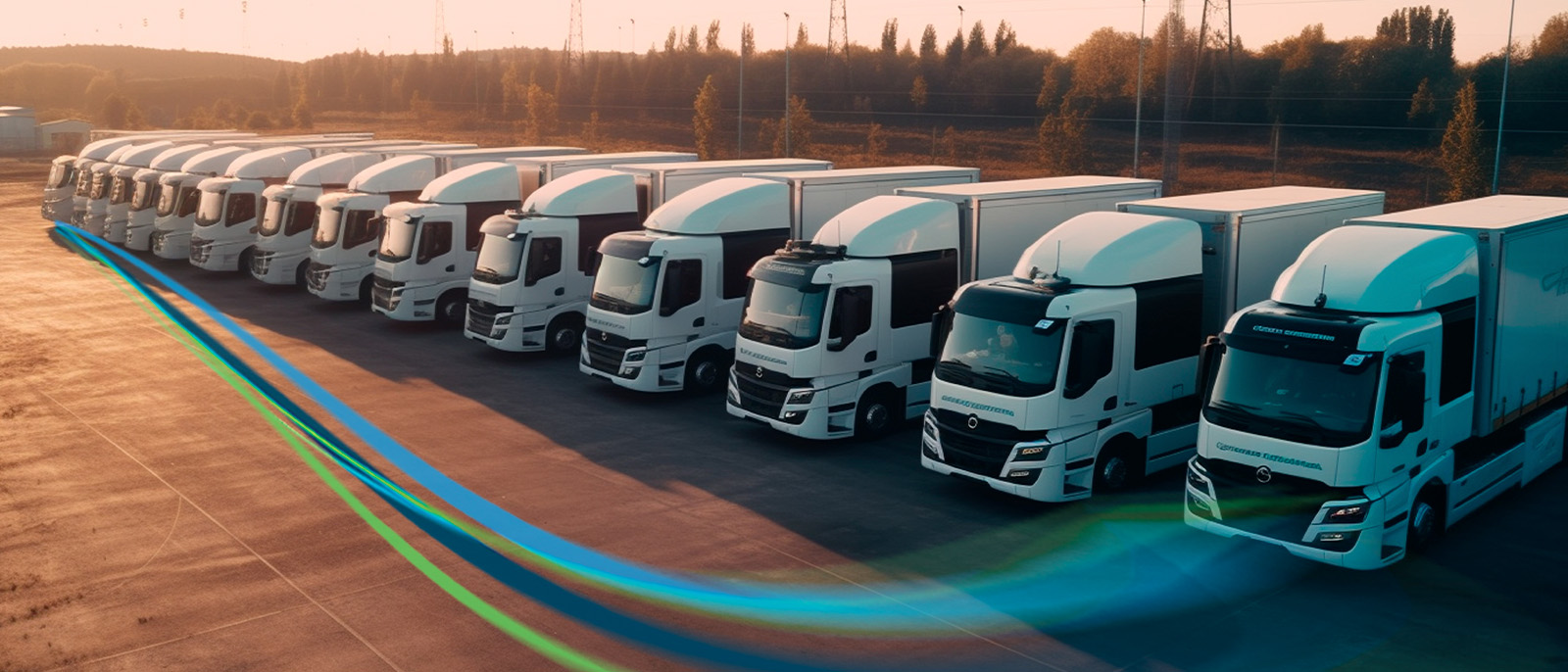In a remarkable development for the transportation industry, the bustling port town of Felixstowe is about to witness a transformative change. Robot truck fleets, equipped with cutting-edge autonomous technology, are set to revolutionise the logistics landscape and pave the way for a new era in shipping. With Felixstowe being one of the busiest ports in the United Kingdom, this advancement promises to enhance efficiency, reduce costs, and drive innovation in the maritime sector. In this blog, we explore the advent of the robot truck fleet and its potential impact on Felixstowe.
Enhanced Efficiency and Timeliness
The introduction of robot truck fleets in Felixstowe is poised to streamline operations and significantly enhance efficiency. By leveraging advanced autonomous technology, these vehicles can optimise routes, minimise congestion, and reduce idle time. With the ability to communicate with one another and adapt to changing traffic conditions in real-time, these trucks promise to ensure more accurate arrival and departure times, leading to improved supply chain management.
Furthermore, robot truck fleets eliminate the need for mandatory rest breaks, thereby extending the operational hours of the transportation network. This increased availability allows for faster and more frequent delivery of goods, boosting overall productivity and reducing transit times. As a result, businesses in Felixstowe can expect heightened competitiveness and increased customer satisfaction, both locally and on a global scale.
Reduced Costs and Environmental Impact
The adoption of robot truck fleets brings with it the potential for significant cost savings in the long run. With improved efficiency and optimised operations, companies can reduce fuel consumption, maintenance costs, and labor expenses. Moreover, by minimising accidents caused by human error, these autonomous vehicles can help to curtail insurance premiums and liabilities.
From an environmental standpoint, robot truck fleets contribute to sustainable practices in transportation. By employing electric or hybrid-powered vehicles, carbon emissions can be dramatically reduced, leading to a cleaner and greener future for Felixstowe. With growing emphasis on sustainability and eco-consciousness, the adoption of this technology aligns perfectly with global efforts to combat climate change and reduce air pollution.
Job Creation and Skill Development
While the introduction of robot truck fleets may raise concerns about job displacement, it is important to recognise that new technologies often create new employment opportunities. The emergence of this autonomous trucking system will require a skilled workforce to operate, maintain, and oversee the fleet's operations. Felixstowe has the potential to become a hub for training programs and specialised jobs related to autonomous vehicle technology, further enhancing the local economy.
Collaboration and Integration
The successful implementation of robot truck fleets in Felixstowe will require collaboration between various stakeholders, including port authorities, logistics companies, technology developers, and regulatory bodies. Open dialogue and coordination will be crucial to address concerns related to safety, infrastructure requirements, and legal frameworks surrounding autonomous vehicles. By fostering cooperation and partnerships, Felixstowe can position itself as a pioneer in embracing technological advancements in the shipping industry.
Conclusion
The arrival of robot truck fleets in Felixstowe heralds a new era in the transportation and logistics sector. Through enhanced efficiency, reduced costs, and minimised environmental impact, this technology promises to reshape the way goods are moved, stored, and delivered. As Felixstowe embraces this transformative change, it has the potential to become a leading global port, fostering economic growth, job creation, and sustainable practices. The AI revolution is truly upon us.
If you have any questions, please contact us.
